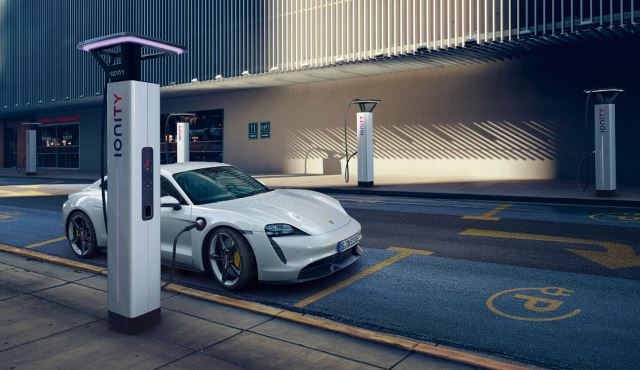Luxury carmaker Porsche announced on Monday that the transition to electric vehicles (EVs) is taking longer than anticipated.
The company had previously aimed for 80 percent of its sales to be all-electric by 2030. However, this goal has now been adjusted, with Porsche stating that achieving the 80 percent target will depend on customer demand and advancements in the electromobility sector.
“The transition to electric cars is taking longer than we thought five years ago,” Porsche said in a statement. “Our product strategy is set up such that we could deliver over 80 percent of our vehicles as all electric in 2030 – dependent on customer demand and the development of electromobility.”
Executives from other carmakers, including Mercedes-Benz and Renault, have also noted recently that their previous goals for fully electric sales by the next decade were overly ambitious due to customer hesitancy in switching from gas-powered vehicles, Reuters news report said.
Porsche highlighted significant differences in EV adoption across its key markets, with China showing strong demand, Europe being slower, and the U.S. market being inconsistent. “Our double strategy is more important than ever,” Porsche said, referring to its continued development of both combustion engine and electrified vehicles.
On Tuesday, Porsche further lowered its sales forecast for the year, citing production impairments due to a supply shortage of aluminum alloys. The company now expects sales between 39 billion and 40 billion euros ($43.56 billion), down from its previous forecast of 40 billion to 42 billion euros. This adjustment comes in the wake of flooding at one of its aluminum suppliers’ production facilities, impacting production across all Porsche car series and potentially leading to shutdowns of some vehicle series.
The supply issues are expected to cause delays in vehicle production and delivery that cannot be fully compensated for within the year. Additionally, Porsche, majority-owned by Volkswagen (VOWG_p.DE), adjusted its expected return on sales for the year to between 14 percent and 15 percent, down from the previous forecast of 15 percent to 17 percent.
The company’s announcement coincides with a period of muted demand in China, resulting in a 7 percent decline in global deliveries during the first half of the year. Porsche is also grappling with low EV sales, as indicated in its revised EV ambitions tied to market and technological developments.

